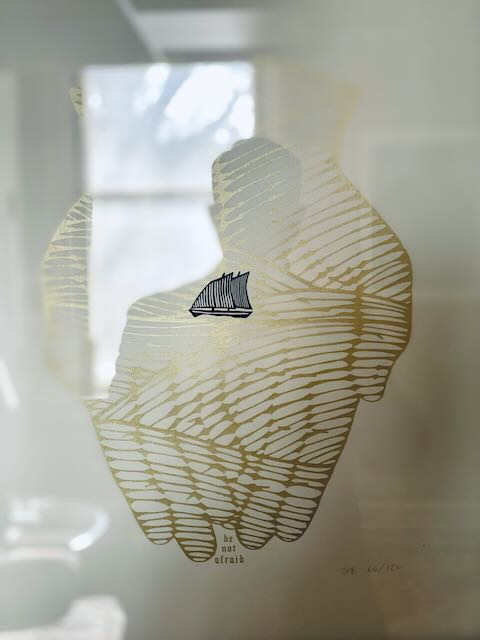Morning Reflection: Rediscovering the Freedom to Choose
As described in the article, “Sacred Pause & the Path to Freedom”, the Sacred Pause offers us the freedom that Christ gives—not just from unhealthy reactions, but from the need to respond impulsively in anger or fear. Begin your day by reflecting on the freedom found in Christ’s love and the grace available when we pause, listen, and invite God into our responses.
During the Day: Practicing the Sacred Pause
When you feel emotional or overwhelmed, practice the Sacred Pause by following these steps:
- Notice the Moment: Acknowledge when strong emotions arise, without rushing to respond.
- Pause and Breathe: Take a few deep breaths, giving yourself time to pause. This space helps you avoid reacting impulsively and invites God’s guidance to work through you.
- Ask Self-Awareness Questions:
- What am I feeling right now?
- Why am I feeling this way? (Is this connected to something deeper, like past experiences or emotions?)
- What is God trying to show me through this feeling?
- Is this a moment where I should respond now, or is God calling me to wait?
- How would God want to respond through me in this situation?
- Recognize the Need to Wait: Remember that the Sacred Pause might lead you to wait for the right time to respond. Sometimes, waiting is part of God’s wisdom, allowing you to reflect more deeply before acting. Trust that waiting is an active, spiritual practice that creates space for God to guide you.
Evening Reflection: Journaling and Sharing
At the end of the day, take a few moments to reflect on your experiences with the Sacred Pause and consider these questions:
- Did I create space today to pause and respond thoughtfully?
How did the Sacred Pause free you from reacting impulsively or defensively, as described in the article, “Sacred Pause & the Path to Freedom”? - Were there moments when I forgot to pause and reacted out of emotion?
Reflect on specific moments when you acted without thinking. Was it with a family member, coworker, or someone else? Did your reaction create a chain reaction, escalating tension or misunderstanding? This connects to the article’s message about knee-jerk reactions and their consequences. - How did the Sacred Pause help me rediscover my freedom?
Did the pause help you break a cycle of frustration? Reflect on the freedom from emotional reactivity that Paul describes in Romans and how this practice brings you closer to that freedom. - What deeper emotions or past experiences might have influenced my reactions?
Think about moments where your reactions were stronger than expected. Could this be connected to something from your past? This ties into the article’s insight on how deeper emotional or historical baggage can influence our reactions. - In what ways did I experience or offer God’s grace today?
Reflect on how you received or extended grace during your day. Remember that even when we fail to pause, God’s grace meets us, offering us second chances to begin again.
Hopeful Word on Second Chances
As the article beautifully states, “God’s grace meets us, not in perfection but in our efforts to return, pause, and try again.” Every time we pause, whether we succeed or fall short, we are offered the chance to begin again. No impulsive reaction, no matter how intense, disqualifies us from God’s work of healing and transformation. Each new day, each new moment, is an opportunity to pause, respond, and grow.
Going Deeper
For more insights on the power of the Sacred Pause, you can explore these helpful resources:
Sacred Pause & the Path to Freedom”: Discover how the Sacred Pause can help us break free from impulsive reactions.
Arthur Brooks in Conversation with Simon Sinek at the 92nd Street Y: Brooks and Sinek discuss the importance of pausing before reacting and how this practice fosters empathy and understanding.
Viktor Frankl’s Reflections: Explore Frankl’s insight on the space between stimulus and response, where our growth and freedom lie.
John Gottman’s Four Horsemen: Learn more about the damaging patterns that arise from reactive, emotionally charged behavior.


